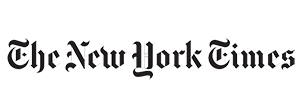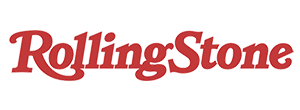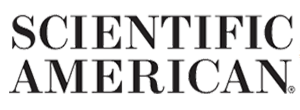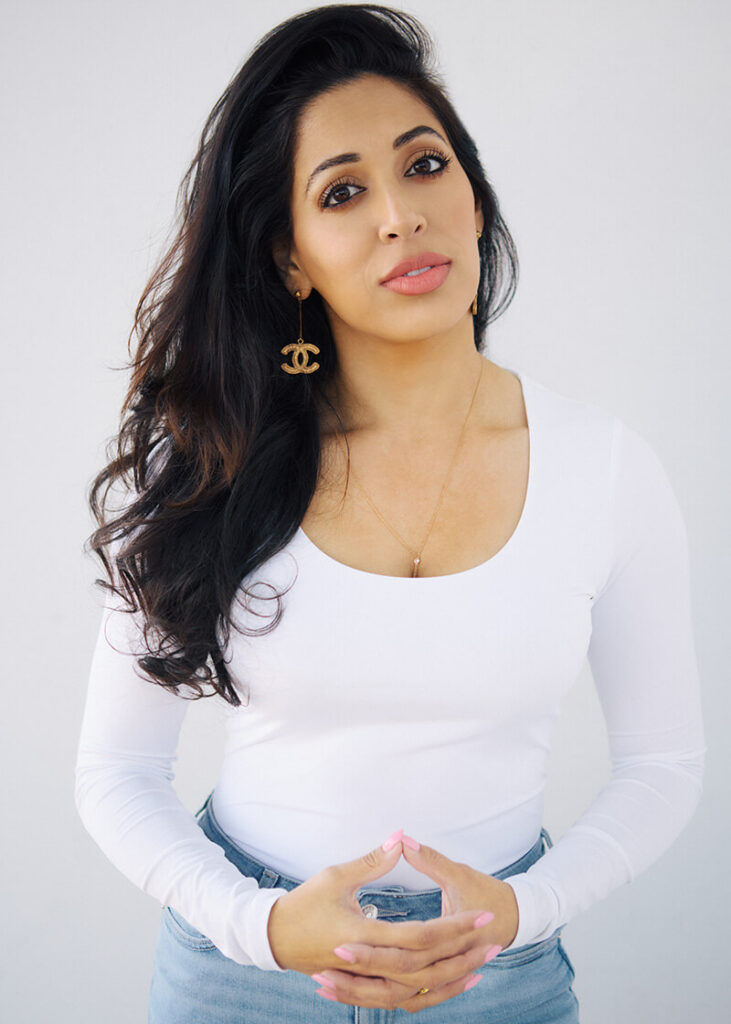Speaking
Dr. Seema Yasmin is an Emmy Award-winning journalist, Pulitzer prize finalist, medical doctor and Stanford and UCLA professor with over a decade of experience at the frontlines of epidemics and public health. She is a highly sought after keynote speaker who takes audiences behind the scenes of her international health reporting and disease detective investigations.
Her unique combination of expertise as a dually trained physician and storyteller has been called upon by the Vatican, the Presidential Commission for the Study of Bioethical Issues, the Aspen Ideas Festival, the Skoll World Forum, and others.
Both virtually and in-person, she has opened conferences for tech companies, medical institutions, international non-profits, venture capitalist firms and corporations seeking to inspire, motivate and entertain. Yasmin is the author of four books of non-fiction and poetry including Viral BS: Medical Myths and Why We Fall for Them, which tells her own history of growing up a conspiracy theorist before becoming a debunker of myths and hoaxes.
Dr. Yasmin’s reporting appears in The New York Times, Rolling Stone, WIRED, Scientific American, and on the BBC, NBC and other news networks. She is a fiction fellow of the Tin House and Kundiman writer’s workshops and her poems and short stories have been anthologized in The BreakBeat Poets Vol 3: Halal If You Hear Me, and New Moons: Contemporary Writing by North American Muslims; and published in literary magazines including The Literary Review, Foundry, The Los Angeles Review, The Georgia Review, and others.
Yasmin is director of the Stanford Health Communication Initiative, clinical assistant professor of medicine at Stanford University, and visiting professor of crisis management and communication at UCLA’s Anderson School of Management. She received her medical degree from the University of Cambridge and trained in journalism at the University of Toronto.
PRESENTATION TOPICS
- Women + Leadership
- Women + STEM
- Leadership and STEM
- Epidemic Investigations
- The Future of Public Health
- Medical Education
- Fake News
- Storytelling
- The impact of Covid-19 on the future of tech, medicine and business.
- How work, travel and leisure could change post-pandemic.
Format: 45-60 minute keynote, 1/2 day workshop or 2 hour breakout
Live a life of consequence, be the person that does the most good, but know that you can be your imperfect self and still be a hero.
When Malaysia Airlines flight MH17 was shot down by pro-Russian rebels in July 2014, the world wondered if a cure for HIV had fallen from the sky and disappeared among the burning debris. Seated in the plane’s business-class cabin was Joseph Lange, better known as Joep, a shrewd Dutch doctor who had revolutionized the world of HIV and AIDS and was working on a cure.
Dr. Lange graduated from medical school in 1981, right as a new plague swept across the globe. His story became intertwined with the story of HIV. At once a physician, scientist, AIDS activist, and medical diplomat, Lange studied ways to battle HIV and prevent its spread from mother to child. Fighting the injustices of poverty, Lange advocated for better access to health care for the poor and the vulnerable. He championed the drug cocktail that finally helped rein in the disease and was a vocal proponent of prophylactic treatment for those most at risk of contracting HIV. But he was far from perfect.
This talk will show leaders of organizations that as long as they get off their imperfect butts and work their imperfect skills and try their imperfect hardest, they can and will make a difference.
Tags: educational / informative inspirational / life-changing
Format: 45-60 minute keynote
Humans are not good at calculating relative risk. Compound that with emotion and panic, and poor decision-making can set in quickly. So how should we calculate risk, anticipate mistakes and be willing and ready to pivot? More importantly, how can we get smart and stay calm when our brain and emotions are telling us to do otherwise?
This program is perfect for:
- Organizations in high risk situations including medical environments. C-Level, Senior Management, managers of underperforming sales groups, and teams struggling with forward momentum.
The audience will leave with:
- Leaders will understand how to accelerate actionable change and avoid knee-jerk reactions in the most challenging environments.
- Relative risk is confusing and riddled with jargon. Audience will learn how to boil issues down to facts and communicate them in layman’s terms.
- If a risk becomes reality, this session will teach you how to weather the storm, keep your organization positive and reduce negative publicity.
Tags: educational / informative inspirational / life-changing
Format: 45-60 minute keynote, 1/2 day workshop or 2 hour breakout
A good story gets repeated. Learn the science of storytelling and what neuroscience is teaching us about how stories affect our brains and our behaviors. Does your story share even mundane and ordinary topics in such a way that the listener is engaged and excited to learn more? Does your enthusiasm compel your audience to effect change and reach new heights?
This program is perfect for:
- anyone who wants to learn the art of writing compelling stories. Focus is on seeking, structure, and sharing. Breakout and 1/2 day workshops will include live performance. We’ll explore the narrative structure of a story, practice active listening, examine the importance of body language and dramatic techniques, and understand the power of narrativizing your research, work, and organizational goals and objectives.
Tags: educational / informative audience activity technical / specific
Format: 40-60 minute keynote, 1/2 day workshop or 2 hour breakout
Practical, collaborative, writing-intensive advanced journalistic reporting and writing course in the specific practices and standards of health and science journalism. Learn how to identify and write engaging stories about medicine, global health, science, and related environmental issues; how to assess the quality and relevance of science news; how to cover the health and science beats effectively and efficiently; and how to build bridges between the worlds of journalism and science.
educational / informative audience activity technical / specifi



